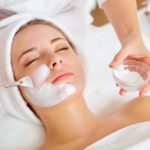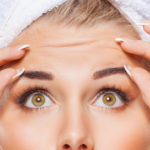There is a certain kind of dentistry called sleep dentistry that utilizes anesthesia which provides the best results. This type of procedure is ideal for treatments that take a long time, fearful clients, difficult dental issues, and extreme sensitivity.
The use of anesthesia to get patients knocked briefly for simple procedures. However, some conditions require patients to be in a state of relaxation, or a sleep-like state. The use of deep sedation puts patients in-between consciousness and unconsciousness.
There are many roads to sleep dentistry to lessen discomfort and apprehension which are utilized by dentists. The most common method is the use of general anesthesia. For conscious sedation a dentist utilizes nitrous oxide or intravenous sedation. With conscious sedation patients can follow instructions given by their dentist. This cannot be accomplished with deep sedation.
Many people are able to receive dental care that they otherwise could not have gotten without sedation. Many treatments cannot even be attempted unless medicines or treatments for pain are utilized. Sedation is a safe and effective aid for treatment if given by a professional dentist.
Knowledgeable dentists are able to utilize the best methods of sleep dentistry. It is necessary for dentists to be trained adequately in oral health care. Aside from the needed education dentists must know all about medication from correct dosage to possible side effects.
There are many solutions that can be offered to patients nowadays. Dentistry and deep sedation is more than caring for bad teeth. It is complete oral health care. Which is why dentists need to be aware of age, health conditions, medical history, and so on. Their full attention is needed from administering sedative through complete recovery.
Having good oral health positively affects a patient’s general health and welfare. Sleep dentistry here in Kingston or anywhere else is a method which helps dentists help even their most nervous patients to obtain and sustain this goal. To keep oral issues from arising patients should continue good oral hygiene and care.











